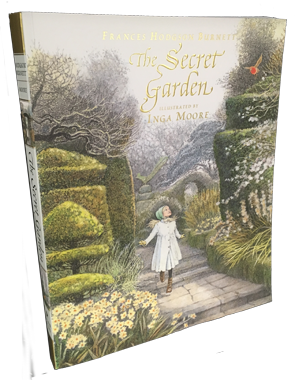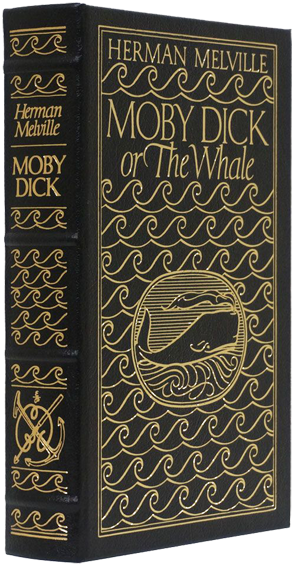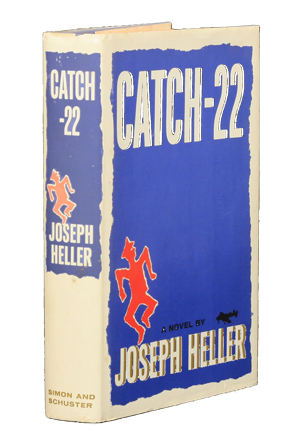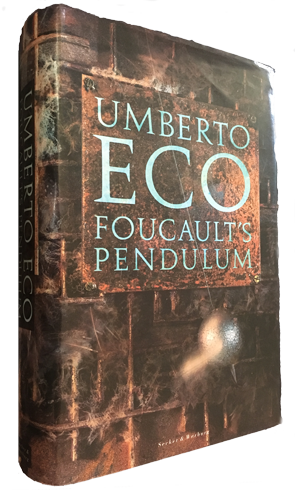Oh, my Captain! my Captain! noble soul! grand old heart, after all! why should any one give chase to that hated fish! Away with me! let us fly these deadly waters! let us home! Wife and child, too, are Starbuck's- wife and child of his brotherly, sisterly, play-fellow youth; even as thine, sir, are the wife and child of thy loving, longing, paternal old age! Away! let us away!- this instant let me alter the course! How cheerily, how hilariously, O my Captain, would we bowl on our way to see old Nantucket again! I think, sir, they have some such mild blue days, even as this, in Nantucket.
They have, they have. I have seen them- some summer days in the morning. About this time- yes, it is his noon nap now- the boy vivaciously wakes; sits up in bed; and his mother tells him of me, of cannibal old me; how I am abroad upon the deep, but will yet come back to dance him again.
'Tis my Mary, my Mary herself! She promised that my boy, every morning, should be carried to the hill to catch the first glimpse of his father's sail! Yes, yes! no more! it is done! we head for Nantucket! Come, my Captain, study out the course, and let us away! See, see! the boy's face from the window! the boy's hand on the hill!
But Ahab's glance was averted; like a blighted fruit tree he shook, and cast his last, cindered apple to the soil.
What is it, what nameless, inscrutable, unearthly thing is it; what cozening, hidden lord and master, and cruel, remorseless emperor commands me; that against all natural lovings and longings, I so keep pushing, and crowding, and jamming myself on all the time; recklessly making me ready to do what in my own proper, natural heart, I durst not so much as dare? Is Ahab, Ahab? Is it I, God, or who, that lifts this arm? But if the great sun move not of himself; but is an errand-boy in heaven; nor one single star can revolve, but by some invisible power; how then can this one small heart beat; this one small brain think thoughts; unless God does that beating, does that thinking, does that living, and not I. By heaven, man, we are turned round and round in this world, like yonder windlass, and Fate is the handspike. And all the time, lo! that smiling sky, and this unsounded sea! Look! see yon Albicore! who put it into him to chase and fang that flying-fish? Where do murderers go, man! Who's to doom, when the judge himself is dragged to the bar? But it is a mild, mild wind, and a mild looking sky; and the airs smells now, as if it blew from a far-away meadow; they have been making hay somewhere under the slopes of the Andes, Starbuck, and the mowers are sleeping among the new-mown hay. Sleeping? Aye, toil we how we may, we all sleep at last on the field. Sleep? Aye, and rust amid greenness; as last year's scythes flung down, and left in the half-cut swarths- Starbuck!
But blanched to a corpse's hue with despair, the Mate had stolen away.
- bikerbuddy



